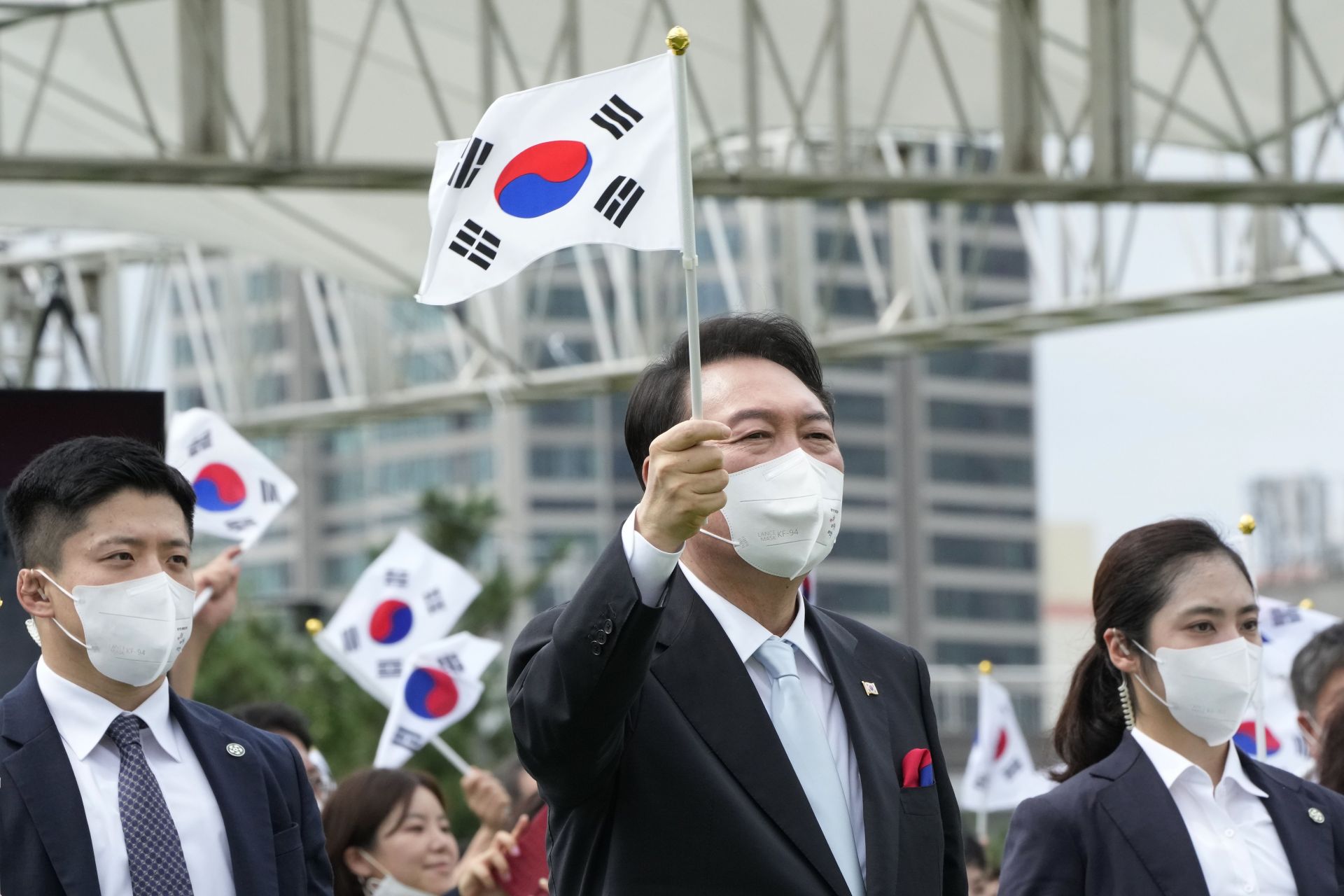The South Korean Ministry of Employment and Labor modified its administrative definition of overtime under "Labor Law" on January 22, 2024, in response to a decision rendered by the country's Supreme Court in December 2023. The decision held that any amount of "overtime" worked each day is permissible as long as the weekly total of working hours stays within the legally mandated 52 hours.
Therefore, the Democrats said that even if you work longer than the 8-hour legal workday, you are still allowed to work 21.5 hours a day, omitting 4 hours and 30 minutes of relaxation, as long as the workweek is not longer than 52 hours.
The Democratic party's spokesperson Park Hae-cheol drew attention to the alleged hypocrisy of the government's revision of the administrative definition of overtime, allowing businesses to legally work up to 21.5 hours a day. According to him, the government should have shortened the workday to allow Koreans to live more humane lives, as per Koreaboo.
Reformed labor law by the South Korean government sparks a debate online regarding its 21.5 hours working day policy
To enable the new labor law, the South Korean government modified a policy that required 21.5 hours of work every day. Following the Supreme Court's decision in December 2023, the regulations were revised to refer to a maximum of 40 hours per week rather than eight hours per day.
According to Newsvop, the Korean national media, this enables the evaluation of a worker's hours depending on what they worked for or in which project or tasks they were involved in a week, allowing for the achievement of 21.5 hours a day.
Therefore, working this many hours in a single day is not prohibited. Given that 52 hours a week—including overtime and the removal of more than four hours to accommodate the employee's rest period—are not exceeded.
The Democratic Party of Korea, the opposition, has also sharply criticized the ruling government's action in terms of reforming its labor law. On January 23, 2024, KST, paty's spokesperson Park Hae-cheol released a written statement.
According to spokesperson Park Hae-cheol, additional actions taken by the Yoon Suk-yeol administration violated contracts with the International Labor Organisation (ILO) that safeguard collective bargaining, including articles 87 and 98.
It has been discovered that there is an antiquated perception of work and a distaste for it. Park Hae-cheol stated that the South Korean government is deceiving the public by revealing the results of labor policy and regulation connected to the exclusion system of work hours and aid with operational costs, giving the impression that the union is breaking the law.
In addition, the Democratic Party also sees it as negating the intent of the Supreme Court's 2018 decision that the Union Law's provisions, which forbade businesses from supporting unions with operating funds, were unconstitutional.
Spokesperson Park Hae-cheol said:
"An aversion to work and a backward perception of work has been revealed. The Korean government is misleading the public as if the union is committing an illegal act by announcing the results of labor planning and inspection related to the exemption system of work hours and assistance with operating costs. It also defeats the purpose of the Supreme Court’s 2018 ruling that the provisions of the Union Law, which prohibited employers from providing operating expense support to unions, are unconstitutional." (as reported by 24 News Agency)
The Democratic Party of South Korea asserted that to allow workers to live human lives, they must cut back on working hours and accused the executive branch of reinterpreting the law and the requirements for overtime work.
Meanwhile, a journalist from Geopolitical Economy Report named Benjamin Norton posted on social media about the recently amended version of the labor law, which sparked massive global criticism against it. Netizens from across the world have expressed their discontent on Twitter, criticizing the new labour law policy by the South Korean government vehemently.
The South Korean Democratic Party indicated it would alternate the legislation in opposition to the discriminatory practices of legalizing overwork and the new labor law.
Previously, former president Moon Jae-in's government began gradually implementing the 52-hour workweek guideline by payroll scale in 2017 in place of the previous 68-hour workweek.
South Korea came in second in the French-based organization's examination of the 35 members' yearly hours worked. In 2019, Korean employees put in 1,967 hours annually on average, which is 241 hours greater than the 1,726 hours averaged by the OECD. In contrast, Japanese workers put in 1,644 hours a year on average, and Koreans put in 323 hours more annually, as reported by The Korea Herald.
Working hour limitations are covered under the Labor Standards Act of 1997 (in layman's terms labor law). Weekly hours are limited by the Labor Standards Act to 52 hours in South Korea, which consists of 12 hours of overtime labor in addition to 40 regular hours. In general, an employee may consent to work up to 12 extra hours per week of overtime. 1.5 times the regular wage must be paid in overtime by the employer.
The currently amended version of the 21.5 hours working hour per day policy under labor law has concerned the entire nation and the world.

